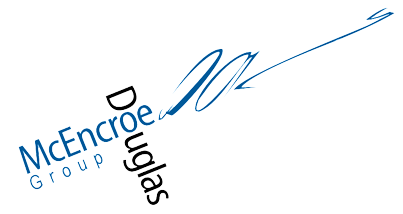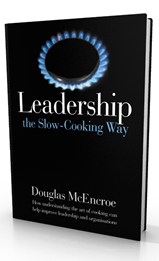 Knowing how to manage your time seems like a skill that only junior managers would need to learn how to master. And yet, again and again I work with senior clients who are spending too much time on activities that are not creating long term value.
Knowing how to manage your time seems like a skill that only junior managers would need to learn how to master. And yet, again and again I work with senior clients who are spending too much time on activities that are not creating long term value.
Important but not Urgent
Covey’s work back in the 1980s with his four quadrants classifying activities into Urgent and Important, Urgent but Not Important, Important but Not Urgent and Neither Important nor Urgent continues to be very useful. I still use it with a lot of my coachees and find it is quite amazing how much insight they get when they realise that they are not spending much time at all with activities that, although not urgent, are indeed very strategic. This, for the type of senior executives that I am working with, is a real problem.
However, the deeper question is the more interesting one. Why are they doing this? Almost all of these executives intuitively know that they are not spending enough time on the most important things and yet they don’t seem able to change things. All too easily they blame external factors:
- It’s the organisational culture!
- It’s my boss!
- The clients are so demanding!
- It’s the people from Head Office who keep on asking for things that we don’t really need!
Although the there are elements of truth in all of these utterances, they don’t represent the main reason why executives don’t get to the important stuff. Very often, more assertiveness or a good dose of courage to push back would go a long way in changing their situation.
What lies behind the inability to change?
Even more importantly, I have found that the reason people don’t change their habits is that deep down, they don’t really want to. Harvard University’s Robert Keegan has shed light on why this happens. In his work on immunity to change he has found that although the commitment to change that certain executives make is real, they have an unconscious commitment to a conflicting goal which is stronger. Kegan’s process to identify these opposing goals requires real work, but it is effective. It involves identifying what these opposing commitments are and analysing the assumptions that underly them. Very often these assumptions, under the hard light of logical analysis, prove to be false thus making it easier to reinforce the commitment to change. The very fact of making all of this conscious is, in itself, something that makes change easier.
All of this, of course, requires work and this brings us to the big question. Are you really prepared to do what it takes to change the way you do things?
That is the question I ask all my clients.





No Comments so far ↓
There are no comments yet...Kick things off by filling out the form below.